-
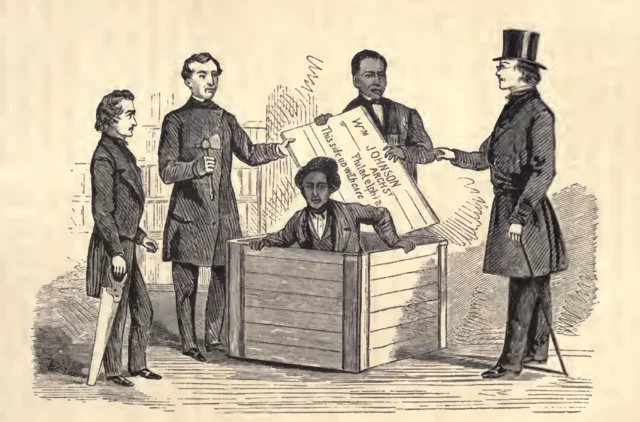 mandated that all citizens assist in the capture of escaped slaves and required the federal government to return them to their owners, even if they were in free states.
mandated that all citizens assist in the capture of escaped slaves and required the federal government to return them to their owners, even if they were in free states. -
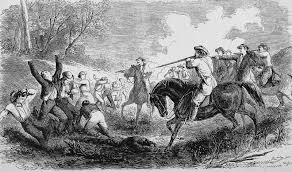 violent period in Kansas Territory before the Civil War (1854-1861) where pro-slavery and anti-slavery settlers clashed over whether Kansas would enter the Union as a slave or free state.
violent period in Kansas Territory before the Civil War (1854-1861) where pro-slavery and anti-slavery settlers clashed over whether Kansas would enter the Union as a slave or free state. -
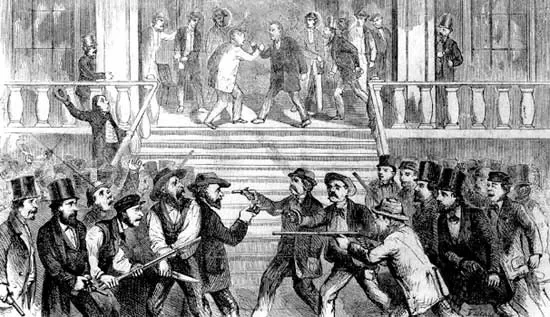 repealed the Missouri Compromise, creating the new territories of Kansas and Nebraska and allowing settlers to decide the issue of slavery through popular sovereignty.
repealed the Missouri Compromise, creating the new territories of Kansas and Nebraska and allowing settlers to decide the issue of slavery through popular sovereignty. -
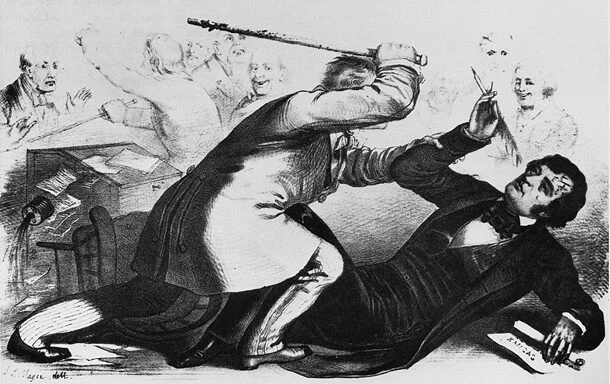 caning of Massachusetts Senator Charles Sumner by South Carolina Representative Preston Brooks on the U.S. Senate floor. Brooks attacked Sumner with a cane in retaliation for Sumner's anti-slavery speech, "The Crime Against Kansas," which verbally attacked Brooks's relative, Senator Andrew Butler.
caning of Massachusetts Senator Charles Sumner by South Carolina Representative Preston Brooks on the U.S. Senate floor. Brooks attacked Sumner with a cane in retaliation for Sumner's anti-slavery speech, "The Crime Against Kansas," which verbally attacked Brooks's relative, Senator Andrew Butler. -
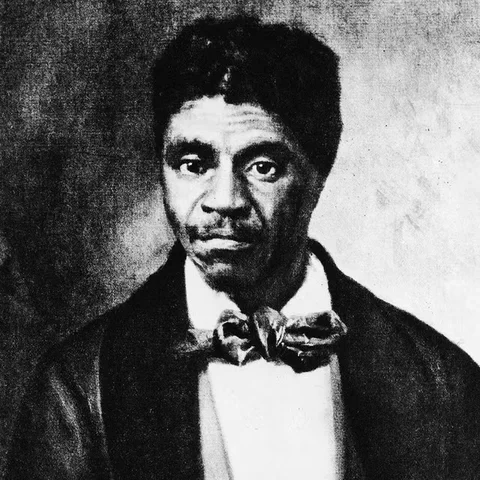 Dred Scott was a slave in Missouri. From 1833 to 1843, he resided in Illinois (a free state) and in the Louisiana Territory, where slavery was forbidden by the Missouri Compromise of 1820. After returning to Missouri, Scott filed suit in Missouri court for his freedom, claiming that his residence in free territory made him a free man.
Dred Scott was a slave in Missouri. From 1833 to 1843, he resided in Illinois (a free state) and in the Louisiana Territory, where slavery was forbidden by the Missouri Compromise of 1820. After returning to Missouri, Scott filed suit in Missouri court for his freedom, claiming that his residence in free territory made him a free man. -
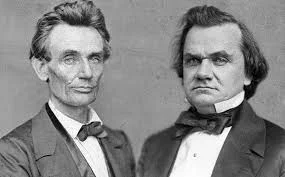 The Lincoln–Douglas debates were a series of seven debates in 1858 between Abraham Lincoln, the Republican Party candidate for the United States Senate from Illinois, and incumbent Senator Stephen Douglas, the Democratic Party candidate.
The Lincoln–Douglas debates were a series of seven debates in 1858 between Abraham Lincoln, the Republican Party candidate for the United States Senate from Illinois, and incumbent Senator Stephen Douglas, the Democratic Party candidate. -
 was an attempt by the abolitionist to incite a slave rebellion by seizing the federal armory at Harpers Ferry, Virginia.
was an attempt by the abolitionist to incite a slave rebellion by seizing the federal armory at Harpers Ferry, Virginia. -
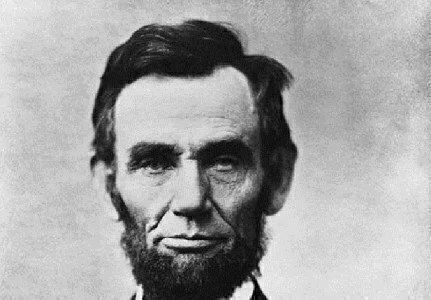 The Republican Party ticket of Abraham Lincoln and Hannibal Hamlin emerged victorious. Presidential Election results map.
The Republican Party ticket of Abraham Lincoln and Hannibal Hamlin emerged victorious. Presidential Election results map.